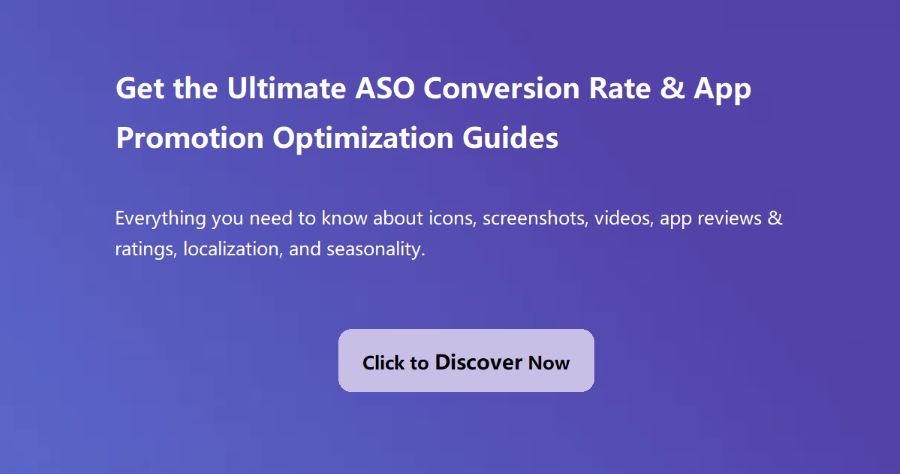User-generated content (UGC) is any form of content—such as text, images, videos, reviews, or audio—that has been posted by users on online platforms.
In the context of mobile apps and digital marketing, UGC can refer to in-app content created by users or content related to an app that users create and share across social media channels.
How Does UGC Benefit Mobile Apps?
UGC benefits mobile apps by providing authentic material that can enhance engagement, foster community building, and serve as a powerful endorsement for the app.
It's particularly effective because people tend to trust other users' opinions over traditional advertising. Additionally, UGC can provide fresh content at little to no cost for developers while increasing user investment in the app.
What Are Some Examples of UGC in Mobile Apps?
Examples of UGC within mobile apps include:
-
Social Media Posts: Users sharing their experiences with an app on platforms like Instagram or Twitter.
-
Reviews and Ratings: Feedback provided on app stores which influence potential new users.
-
In-App Creations: Content such as custom game levels, avatars, or other personalized elements developed by players themselves.
-
Community Discussions: Forums or chat groups where users discuss tips, tricks, or strategies related to the app.
How Can Developers Encourage More UGC?
Developers can encourage UGC by:
-
Creating features within the app that facilitate content creation and sharing.
-
Hosting contests or challenges that reward creative contributions from users.
-
Providing tools that make it easy for users to generate high-quality content.
-
Acknowledging and featuring outstanding user creations within the app or through official channels.
What Challenges Might Arise With UGC?
While beneficial, managing UGC comes with challenges such as moderating inappropriate content, protecting user privacy rights, ensuring intellectual property laws are not violated, and maintaining consistent quality standards across all submissions.






